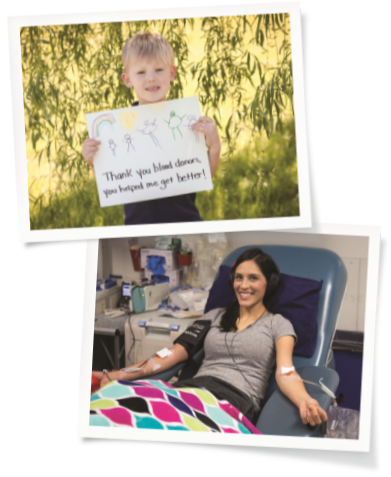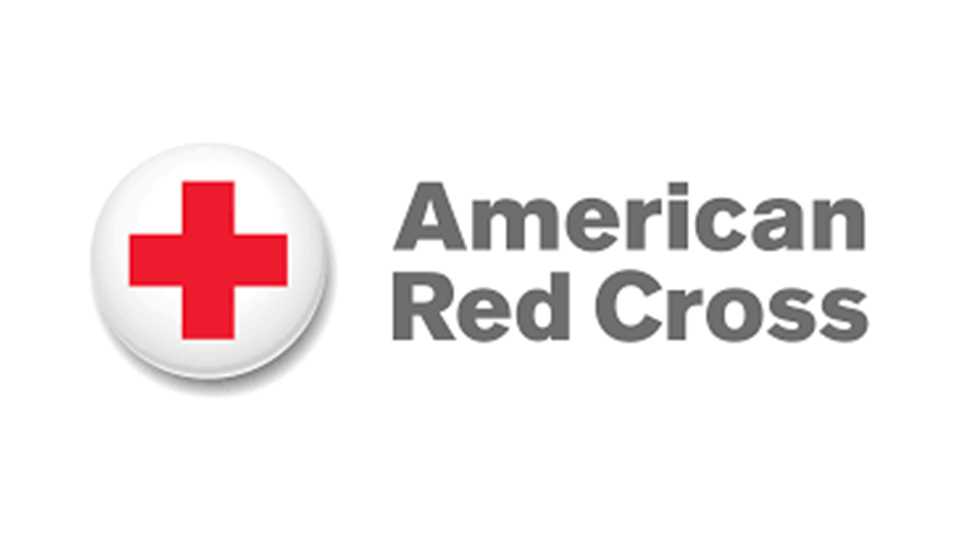The Grand Prix of Portland has teamed up with James Hinchcliffe and the American Red Cross to accept blood donations on Saturday of race weekend to prevent and alleviate human suffering in the face of emergencies.
Help James with the Hinchcliffe Challenge to boost blood supplies. Donate blood and get a free paddock pass and Red Cross water bottle.
About Donating Blood
What can I expect at my donation?
In a confidential and private setting, you’ll answer some questions about your health history and places you have traveled. We’ll take your blood pressure, temperature and a small sample of your blood to test your iron level. We’ll cleanse the area of your arm and insert a sterile needle, through which the blood or blood component will be drawn. After donation, you can relax in the refreshment area, enjoy a snack and beverage and take pleasure in knowing your blood donation may help save up to three lives.
Can I find out my blood type?
Download the Blood Donor App and you’ll be able to view your digital donor card, including your blood type, just a few days after donating.
How often may I donate blood?
You may donate whole blood every 56 days, up to six times per year; platelets every seven days, up to 24 times per year; plasma every 28 days, up to 13 times per year; and double red cells every 112 days, up to three times per year.
Will I have to limit my activities after donating?
Do not do any heavy lifting or strenuous exercise for the rest of the day. You may want to schedule your appointment several hours after planned exercise.
How can I help keep my iron levels healthy?
Maintaining adequate iron levels is part of being a healthy donor. Make sure to eat a nutritious, well-balanced diet with foods rich in iron and high in vitamin C. You can also speak with your health-care provider about taking a multivitamin with iron.
What if I have recently gotten a tattoo and/or body piercing?
If your tattoo was applied in a state-regulated/licensed tattoo facility using sterile needles and the ink was not reused, you may be able to donate. You may donate after receiving a body piercing as long as you are certain a sterile needle was used. Otherwise, you must wait one year after receiving a tattoo or body piercing.
I’ve been turned down before. Should I try again?
Yes. Most deferrals are temporary–not permanent. Check with Red Cross staff to find out if you can now donate.
What if I have high or low blood pressure?
Your blood pressure will be checked before every donation. If your blood pressure is within an acceptable range, you may donate. If you take medication to control your blood pressure, you may still be eligible to donate. Please check with a Red Cross staff member to find out if you are able to donate.
Can I donate if I have been taking an antibiotic?
You may be able to donate blood as long as you have taken your last dose of the prescribed course of antibiotics and have no symptoms. Please check with a Red Cross staff member to find out if you are able to donate.
If something is wrong with my blood, will I find out?
Yes. You will be notified confidentially by certified mail or in rare situations by telephone.
If I participate in sports, can I practice or compete right after giving blood?
When you give blood, you temporarily lose some fluid which your body replaces within 24 hours. So a few precautions are necessary: do not compete right after the donation and avoid strenuous activity for five hours after donating. Give your body a day to replace the volume you donated. Please consult with your coach or trainer to ensure it is appropriate for you to donate on the day of the blood drive.
Can I give blood if I have been drinking or using drugs?
While the Red Cross does not encourage the use of controlled substances, marijuana or alcohol, use does not necessarily disqualify you from giving blood as long as you are feeling well. If you have EVER injected any illegal drugs, you are indefinitely ineligible to donate blood or platelets.
Can I give blood if I have traveled outside the U.S.?
There are specified limitations for certain travel. Some circumstances may make a person temporarily ineligible to donate blood; some cause indefinite ineligibility. If you have any questions, or if you have been told you can never donate blood again, you may wish to discuss your history with a trained Red Cross staff member since the guidelines for eligibility may have changed.
What should I do if I have more questions regarding my eligibility to donate blood?
Our donor health representatives can answer any questions you may have about travel, medications or health conditions that might affect your ability to donate blood. Please call 1-866-236-3276 or visit redcrossblood.org for more information.
To be eligible to donate blood you must:
- be at least 17 years old (16 with parental permission in some states)
- meet height and weight requirements (at least 110 pounds based on height)
- be in generally good health
Before donating you should:
- get a good night’s sleep
- drink plenty of fluids
- eat within 2-3 hours
Be sure to bring your:
- donor card or a government issued photo I.D.
- parental consent form if you are a 16-year-old donor
- wear clothing with sleeves that can be raised above the elbow
 |
 |
Donation Process
Giving whole blood is simple. The donation process, from the time you arrive until the time you leave, takes about an hour. The donation itself is only about 10 minutes. And the satisfaction you get from knowing you’ve helped change a life? Timeless.
Step 1: Registration
- You will read information about donating blood.
- You will be asked to complete a form with demographic and basic health information.
- You will be asked to show an American Red Cross donor card or positive ID.
Step 2: Health history and mini physical
- A trained staff person will ask you some health history questions during a private and confidential interview.
- You will have your temperature, iron level, blood pressure and pulse checked to protect your health and well-being.
Step 3: Donation
- Staff will cleanse an area on your arm and insert a needle for the blood drawing procedure.
- The actual process of donating blood takes approximately 7-10 minutes.
- When about a pint of blood has been collected, the staff will remove the needle and place a bandage on your arm.
Step 4: Refreshments
- You will spend a few minutes enjoying refreshments so your body can adjust to the slight decrease in fluid volume.
- Enjoy the feeling of knowing you’ve done something good.
Before you give: Get a good night’s sleep, have a good breakfast or lunch, drink extra water and fluids (but avoid tea, coffee or caffeinated beverages), eat iron-rich foods like fortified cereals and broccoli, and avoid fatty foods like hamburgers, fries or ice cream.
While you give: Wear clothing with sleeves that can be raised above the elbow, show the staff “good veins” that have been used to draw blood in the past, and don’t forget to relax.
After you give: Enjoy a snack and drink in our refreshment area. Drink plenty of fluids in the next 24 to 48 hours, avoid strenuous physical activity or heavy lifting for about five hours, and eat a well-balanced meal.
Remember: Donors seldom experience discomfort after giving, but if you feel light-headed, lie down until the feeling goes away. If bleeding occurs after you take off your bandage, apply pressure to the site and raise your arm until the bleeding stops. If bruising or bleeding appears under the skin, apply a cold pack. And if for any reason, something doesn’t feel right, call the post-donation number at 1-866-236-3276.
Wear your badge of honor proudly! You’ve earned it!



















